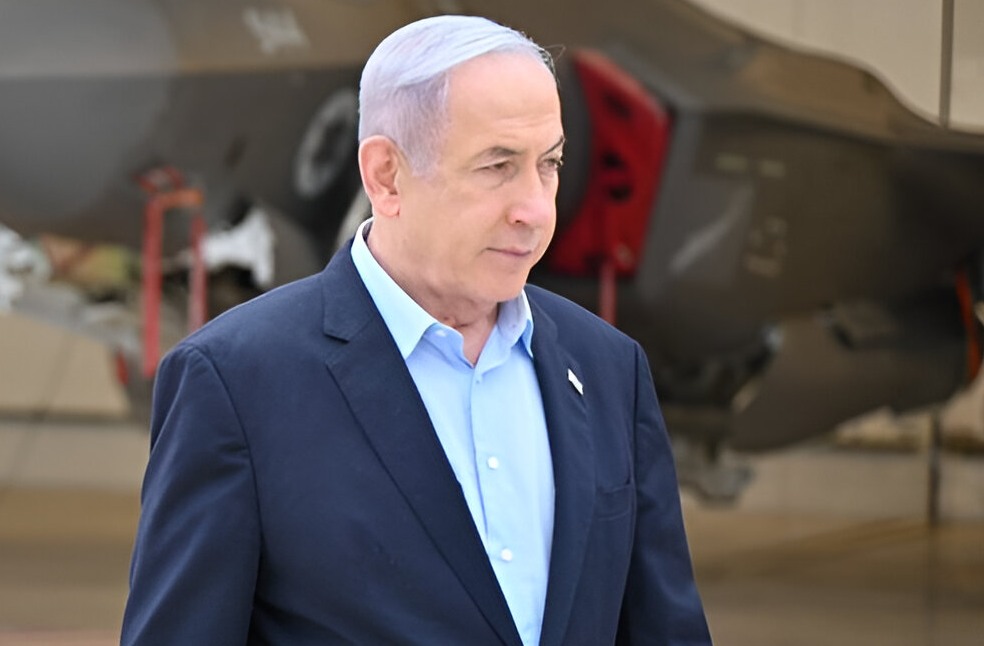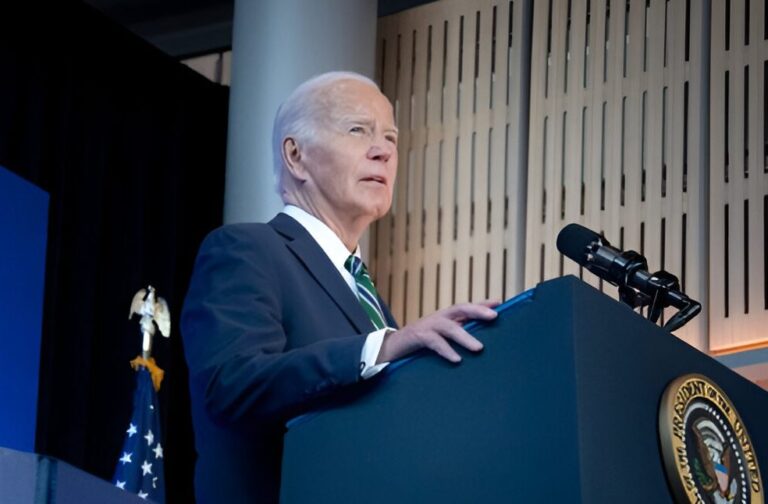Washington: U.S. President Joe Biden and Israeli Prime Minister Benjamin Netanyahu have a crucial 30-minute phone call, memorialising their first communication since August. The discussions centred around Israel’s planned counterattack following Iran’s missile strike, heightening concerns of a broader conflict in the region.
The White House characterised the conversation as “direct” and “productive,” with Biden and Netanyahu agreeing to maintain “close contact” in the days ahead. Vice President Kamala Harris also experienced the call, underscoring the administration’s attention in Middle Eastern affairs.
Israeli Defense Minister Yoav Gallant pointed that any retaliatory action against Iran would be “deadly, precise, and above all surprising.” This reflects a growing haste within Israeli leadership to address perceived threats from Iran, especially as tensions escalate due to Israel’s military actions against Hezbollah in Lebanon.
Biden’s administration is careful about a potential U.S. involvement in a war with Iran, considering it as unnecessary and dangerous. Conversely, some Israeli officials believe they have a crucial opportunity to deliver a decisive blow to their long-time rival.
While Israel’s offensive against Hezbollah has garnered support at home, the ongoing conflict in Gaza has resulted in significant civilian casualties—over 42,000 according to recent reports—without achieving Netanyahu’s primary objectives: the destruction of Hamas and the rescue of hostages.

Hamas continues to pose a challenge, bearing approximately 100 hostages, many feared dead. The resultant emotion among some Israelis is a strong urge to escalate their military operations, including potential airstrikes on Iranian nuclear facilities.
Prominent figures in Israeli politics, such as former Prime Minister Naftali Bennett, have been speaking in urging Netanyahu to disregard U.S. opposition to attacking Iran. Bennett claims that Iran is currently weaker than in previous years due to losses inflicted on its proxies, Hezbollah and Hamas.
Bennett stated that, “The strategy with Iran is not going to occur tomorrow. We need to revive the demise of this regime.” He emphasised the dangers of a nuclear-armed Iran, cautioning that it would pose a significant threat not only to Israel but to global security.
As tensions continue to advance, with Iran’s missile strikes and Israel’s threats of retaliation, the international community watches closely. President Biden has restated that while Israel has the right to defend itself, strikes on Iranian nuclear sites or oil industries are off the table.
The next steps in this escalating conflict will depend heavily on Israel’s response, which could unfold in the coming days. As both nations navigate this hazardous situation, the potential for broader conflict looms large, posing challenges not only for regional stability but for international relations as well.



